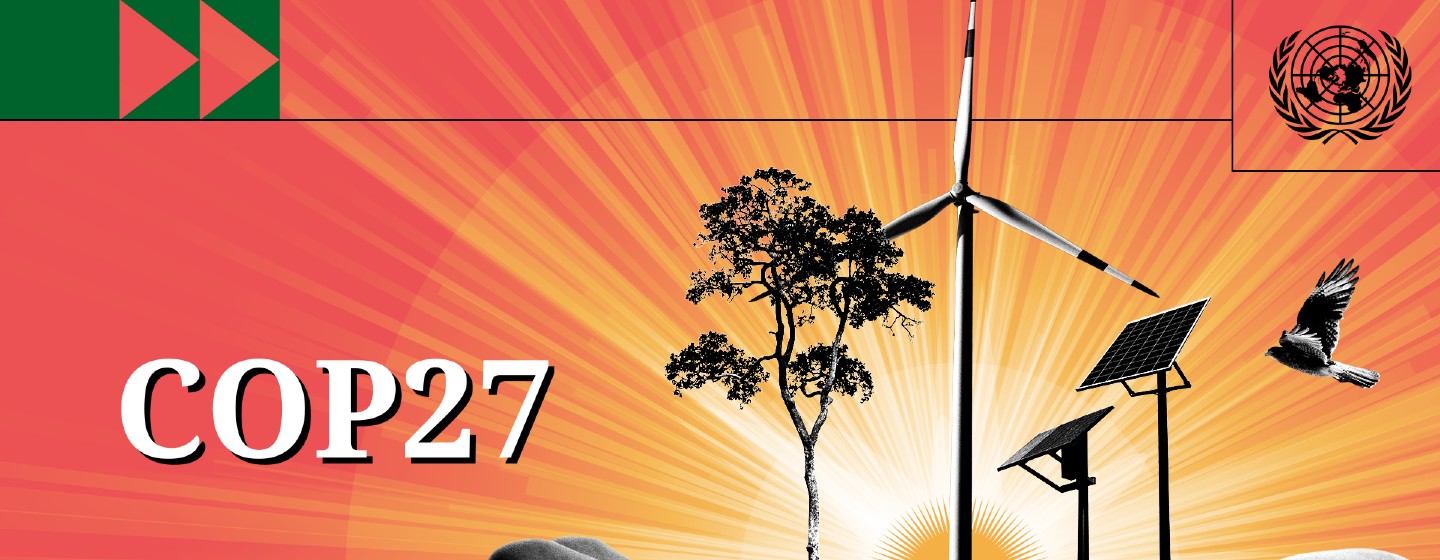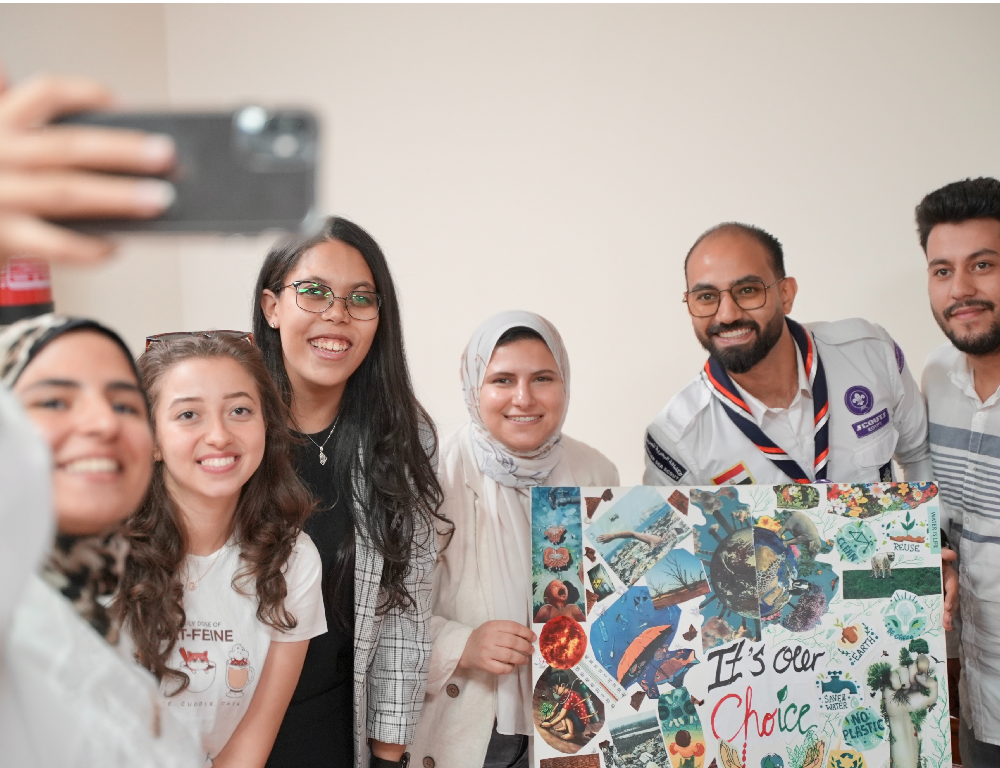

Climate Change deepens existing challenges facing women and girls. Climate crises can disrupt reproductive health services as well as education services. They heighten the risk of gender-based violence and harmful practices.
Promoting girls' and women's empowerment is an urgent task in the face of the current climate crisis. Women and girls are vital in helping their communities become more resilient and can contribute to climate change solutions.
UNFPA also works towards empowering young people to fulfill their potential and for them to have a seat at the climate talks table.
That is why UNFPA will be at COP27 to advocate for putting women and girls and young people at the center of adaptation responses to climate change as well as advocate for their participation in climate debates and decisions.
From changing temperatures and weather patterns to more severe storms and rising sea levels, the effects of climate change are impacting all of us. It is a global emergency and one of the greatest challenges facing humanity today. Urgent action is needed, requiring coordination at – and solutions from – all levels. At the forefront are the poor and most vulnerable, who often lack the resources required to adapt to the changing climate and ensure the protection of their livelihoods and well-being.
Communities need locally available solutions to strengthen their ability to adapt, and they also need scaled-up and targeted action. In particular, women and girls – who are already disproportionately impacted – will continue to be left behind if such measures are not enacted.
UNFPA is working with governments and other partners to support adaptation responses to climate change, and to put women and girls at the centre of these efforts. As the world responds and adapts to the unfolding crisis, these actions must uphold the human rights of all.